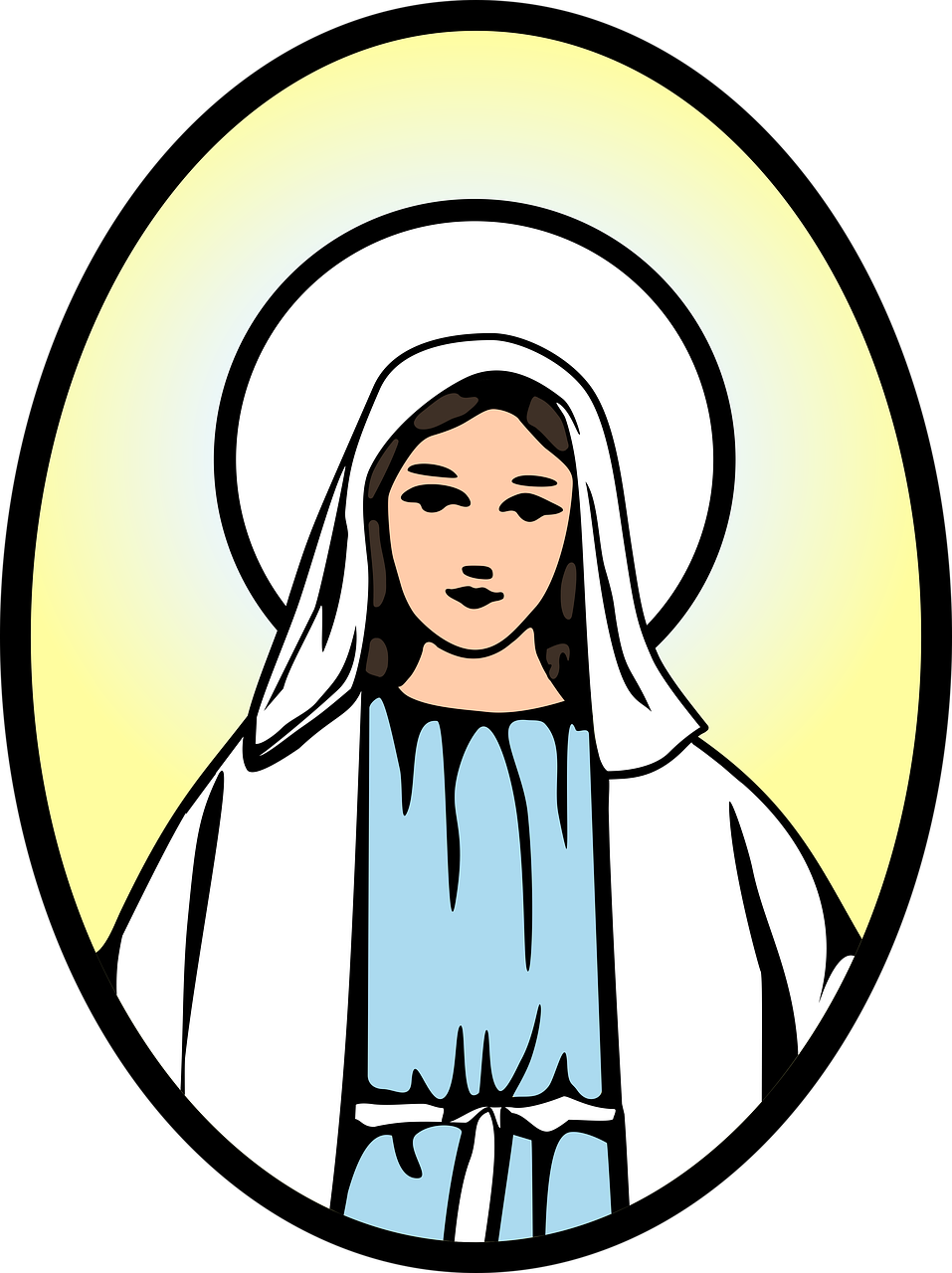Preface: The intercessor and advocate is Jesus and He has provided the Holy Spirit. Both are inside of us so you can’t get any closer than that. It’s not like you have to get through a busy switchboard to connect, you just connect or sometimes They might come to you. While these ideas about Mary are endearing and have a warmth to them, I do not advocate nor advise praying to anyone outside of the Trinity. God the Father, God the Son and the Holy Spirit are always there for us 24/7/365. There is no need to connect with an intercessor to connect to the Advocate and Intecessor and the Intercessor has provided free access to the Father.
The Role of the Virgin Mary in Catholic Devotion: Understanding the Practice of Marian Prayer
Introduction:
The veneration of the Virgin Mary holds a significant place in Catholic tradition and spirituality. While Catholics do not consider Mary a deity in the same way they regard God, the practice of praying to Mary has been a longstanding part of Catholic devotion. This article explores the reasons why Catholics hold Mary in high regard and engage in Marian prayer, addressing common misconceptions and examining the biblical and theological foundations behind this devotional practice.
Marian Devotion in Catholic Tradition:
Within Catholicism, devotion to the Virgin Mary is rooted in her role as the mother of Jesus Christ. Mary is honored as the Theotokos, the Mother of God, acknowledging her pivotal role in the Incarnation. Catholics view Mary as a spiritual mother who intercedes on behalf of believers. While the Bible does not explicitly command the practice of praying to Mary, Catholic tradition and teachings emphasize her unique relationship with Jesus and her special place in salvation history.
Biblical and Theological Foundations:
Catholics find support for Marian devotion in biblical passages such as the Annunciation (Luke 1:26-38), the Wedding at Cana (John 2:1-12), and the Crucifixion (John 19:25-27). These passages highlight Mary’s close involvement with the life and mission of Jesus. Catholics believe that Mary’s faithful response to God’s plan and her cooperation in the redemptive work of her son make her an important figure in the faith.
Furthermore, the theological concept of the Communion of Saints plays a role in Marian devotion. Catholics believe in the unity of the Church, both in heaven and on earth. They view the saints, including Mary, as an intercessory cloud of witnesses who can pray for the faithful. As a revered saint and the mother of Jesus, Mary is considered a powerful intercessor and advocate for believers.
Understanding Marian Prayer:
Catholics engage in Marian prayer as a means of seeking Mary’s intercession and closeness to Christ. This practice involves asking Mary to pray for them and to join her prayers with theirs, as they believe she has a special place in the heart of Jesus. Marian prayer takes various forms, including the Rosary, the Hail Mary, and other prayers dedicated to Mary.
It is important to note that Catholics do not worship Mary as a deity. The veneration and devotion to Mary serve as expressions of honor, love, and reverence, rooted in her unique role in salvation history. Catholics believe that by seeking Mary’s intercession, they can deepen their relationship with Jesus and grow in their faith.
Conclusion:
The veneration of the Virgin Mary and the practice of Marian prayer in Catholicism stem from her special role as the mother of Jesus and her faithful response to God’s plan. While the Bible does not explicitly command the practice of praying to Mary, Catholics find theological and scriptural support for this devotional practice. Through Marian prayer, Catholics seek Mary’s intercession and view her as a cherished spiritual mother who draws them closer to Christ.

